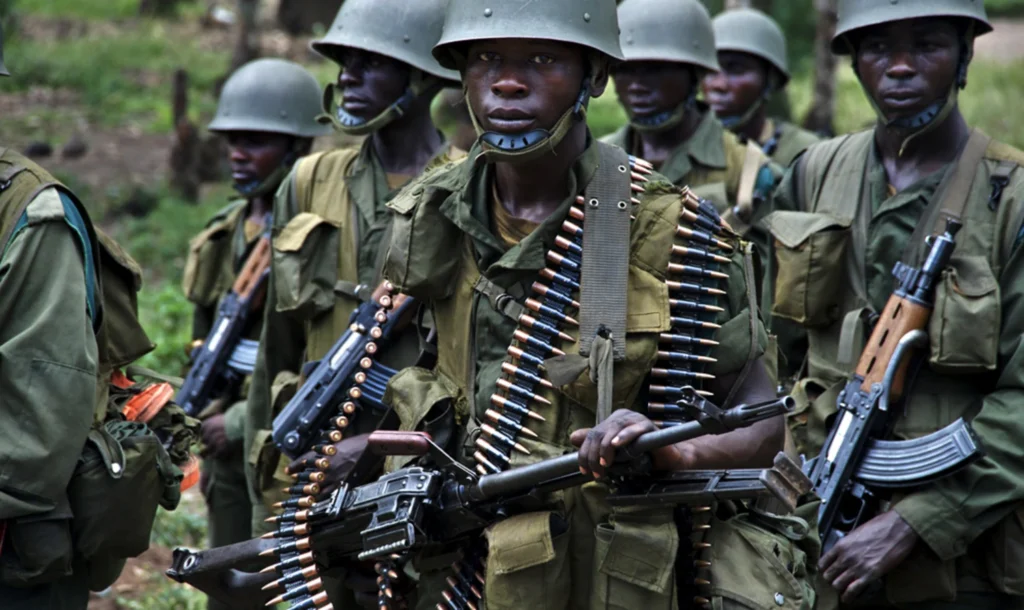Rwandan Foreign Minister Olivier Nduhungirehe announced on Saturday that his Congolese counterpart had declined to sign an agreed-upon deal aimed at resolving the ongoing conflict involving the M23 rebel group in the eastern Democratic Republic of Congo (DRC). This conflict has led to the displacement of over 1.7 million people and further exacerbated the humanitarian crisis in the region.
The Tutsi-led M23 has been engaged in an insurgency in the DRC’s eastern regions since 2022. The Congolese government, along with the United Nations and various international observers, has accused Rwanda of providing military support, including troops and weaponry, to the rebel group. In contrast, Rwanda has vehemently denied these allegations, claiming that its actions are purely defensive in nature. The Rwandan government has further accused Congo of collaborating with the Hutu rebel group, the Democratic Forces for the Liberation of Rwanda (FDLR), which has reportedly targeted Tutsis in both nations.
Discussions were held in late August aimed at alleviating the conflict, which has not only deepened the humanitarian crisis but has also raised fears of an expanded regional conflict. During these negotiations, which included the head of military intelligence from Congo, a framework was established that focused on neutralizing the FDLR and subsequently easing Rwanda’s defensive measures.
Nduhungirehe revealed that both parties had initially agreed to the terms of this plan, which was set to be signed on September 14. However, during a summit of French-speaking leaders in France, the Congolese minister ultimately refused to endorse the agreement. According to Nduhungirehe, after initially expressing support, the Congolese official reversed her position following consultations, stating her opposition to the plan.
The proposed agreement outlined that actions against the FDLR would be executed first, followed by a gradual easing of Rwanda’s defense measures. This sequential approach was reportedly a point of contention for the Congolese minister, who advocated for simultaneous actions.
As leaders from both nations, Felix Tshisekedi of Congo and Paul Kagame of Rwanda, attended the summit in France, French President Emmanuel Macron had suggested a trilateral meeting. However, both leaders ended up having separate private discussions with Macron, indicating a potential divide in diplomatic efforts.
The failure to finalize the agreement underscores the persistent tensions between Rwanda and the DRC, as both nations continue to navigate a complex landscape fraught with historical grievances and geopolitical challenges. As the humanitarian situation worsens and millions remain displaced, the need for a resolution becomes increasingly urgent.



